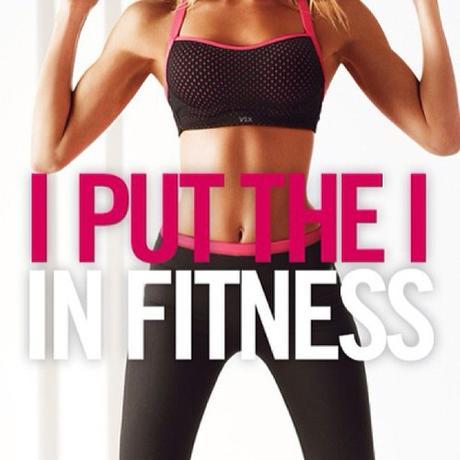
#Fitspiration
Whether you’re a Tumblr fanatic, an avid Twitter user, or Instagram-obsessed like I am, it’s probably safe to assume you’ve seen posts captioned with the hashtag “#fitspiration” come across your News Feed at some point. #Fitspiration, or “#fitspo,” began to emerge on social media over the past few years, supposedly to inspire others (specifically women) to achieve fitness regimes. On the surface, #fitspo may seem like the ideal hashtag to empower women and encourage them to embrace a healthy, active lifestyle. But, for many, it actually comes at a cost.
As someone who has suffered from an eating disorder in the past, I can definitely attest to feeling terrible as I scroll past these “motivational” pictures. The images themselves — of ripped abs, toned legs and slim physiques — may not directly affect my mental health, but they definitely remind me of my past, unhealthy behaviors and mindset regarding my body. And I’m not the only one — research even backs me up.
It seems one of the biggest issues with these pictures is that young, impressionable social media users, who spend countless hours scrolling through blogs and feeds, may not realize that these models spent months working towards their idealized bodies — and probably used the photoshop tools that dominate the modeling industry on their images. These young people (girls especially) can all too easily become fascinated by the weight loss and exercise plans trending on tumblr and may internalize the shame of “inspirational” quotes like those that read, “The best exercise is 5 sets of stop eating so much crap” or “Are you sure you want that cookie?”
The more young girls do this, the more they compare themselves to pictures of model-esque girls in minimal clothing, the more they may begin to criticize themselves for not coming close to looking like these supposed dream girls and find their self-esteem increasingly damaged. Ultimately, they may take a supposedly “healthy” project too far, and accomplish the opposite — they might put their mental health and self-esteem in danger.
In addition to damaging girls’ mental health, these images also promote a largely inaccurate association of physical health with looking slim, rather than eating and exercising in a healthy manner. As Dr. Lindsay Kite, co-director of Beauty Redefined, explained, “Fitspo is a beauty ideal masquerading as a health ideal” that is ultimately “veiled vanity and objectification.”
As the world becomes increasing health and nutrition oriented — as terms like “organic,” “local” and “natural” become mainstream — it’s therefore as important as ever to remember that no body type will ever be universal and an ideal one is likely unattainable no matter how well you eat or how much you exercise. While #fitspo may potentially encourage some to achieve a healthier lifestyle, it’s important to remember that constantly comparing ourselves to others is an unhealthy mentality that is detrimental to our self-esteem. Be the best version of yourself, not the best version of the models on your News Feed.

